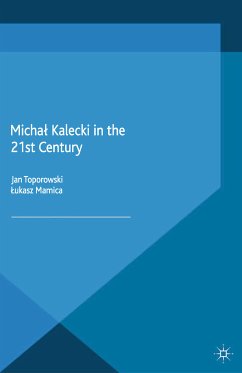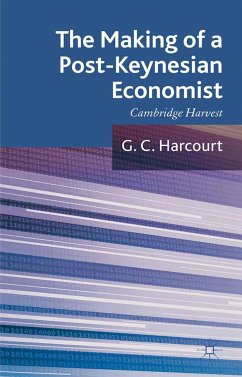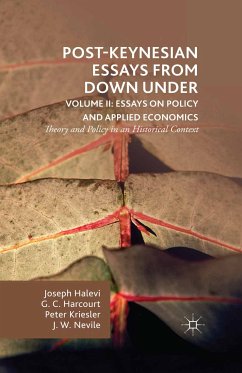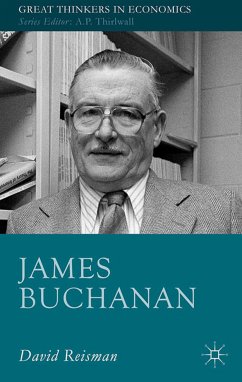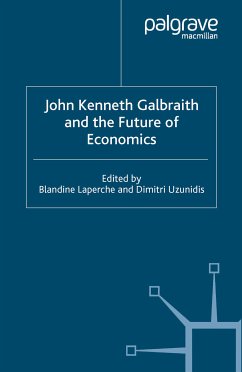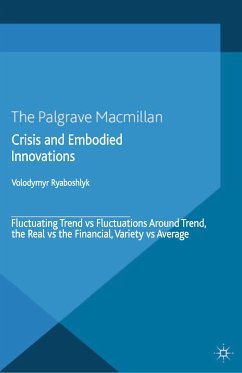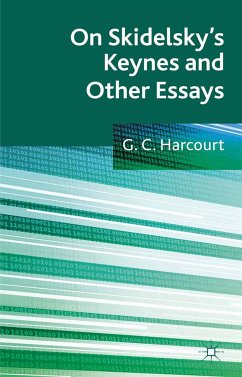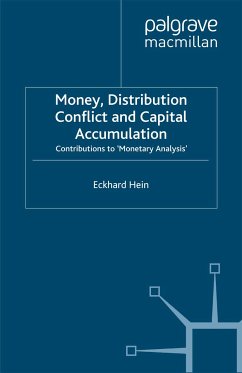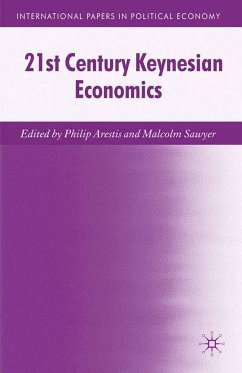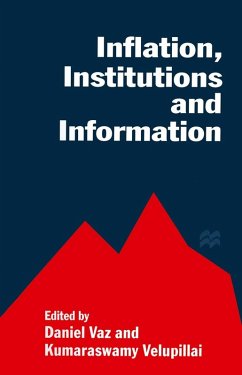
Normal Prices, Technical Change and Accumulation (eBook, PDF)
Versandkostenfrei!
Sofort per Download lieferbar
142,95 €
inkl. MwSt.
Weitere Ausgaben:

PAYBACK Punkte
71 °P sammeln!
This book presents the most significant theoretical articles by Bertram Schefold to illuminate the development and the present state of modern classical theory. It assembles twenty heavily discussed papers on joint production and fixed capital, choice of technique and technical progress, composition of output and the relation between classical, neoclassical and keynesian economics. There is a broad new introduction. The chapter on the critique of intertemporal general equilibrium is novel and represents an original theoretical advance.
Dieser Download kann aus rechtlichen Gründen nur mit Rechnungsadresse in A, B, BG, CY, CZ, D, DK, EW, E, FIN, F, GR, HR, H, IRL, I, LT, L, LR, M, NL, PL, P, R, S, SLO, SK ausgeliefert werden.



